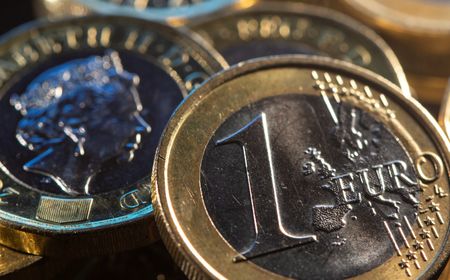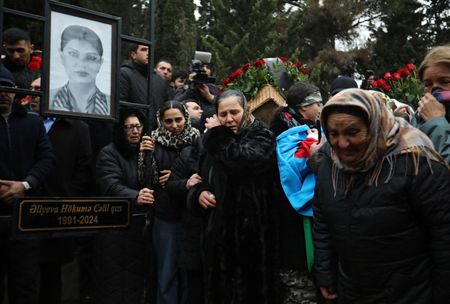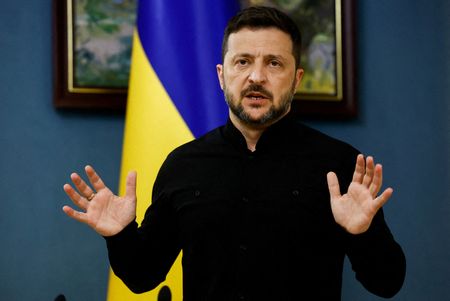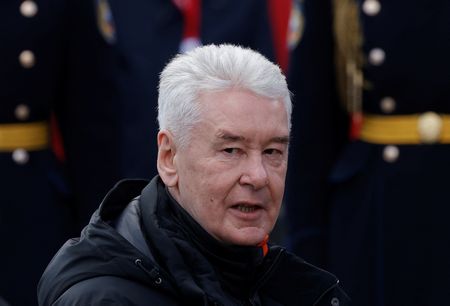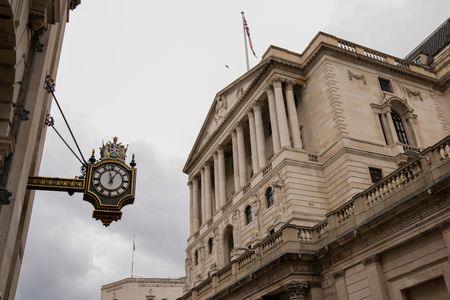By Stefano Rebaudo
(Reuters) – The pound edged lower against the euro on Tuesday after recording its biggest daily rise in three months a day earlier as investors expect U.S. tariffs to hurt the economy more in Europe than in the UK.
It dropped against a strengthening dollar as tariffs against China took effect. It was down 0.15% at $1.2433.
Market participants also awaited the Bank of England’s policy meeting later this week.
The pound “seems to be retaining some solid footing after an American trade war was averted,” said Francesco Pesole, forex strategist at ING.
“The reason is simple: the UK has little to lose from U.S. tariffs. UK exports to the U.S. are less than 2% of GDP and those to China less than 1%,” he added.
The pound fell 0.1% to 83.18 pence per euro after being up 0.55% the day before in its biggest rise since early November. On Monday, it hit highest since Jan. 8 at 82.88 pence.
The BoE, which is widely expected to cut rates by 25 basis points (bps) on Thursday, could nudge investors to expect faster rate reductions.
“Looking ahead, we see room for deeper cuts than what financial markets expect. Trade uncertainty is rising, labour demand is falling, fiscal policy is tight, and the policy rate is well above our neutral estimate of 2-3%,” said Peder Beck-Friis, economist at PIMCO.
However, there is still uncertainty about BoE’s possible suggestions about future rate cuts.
“The economy is vibing ‘stagflation’. We think the bank will lean dovish to these risks, as it has done throughout this cycle,” said Shaan Raithatha, senior economist at Vanguard, adding Vanguard base case is for a 25-basis-point cut on Thursday to be followed by one cut every quarter thereafter.
BofA said February was too early for a decisive dovish shift because inflation will likely pick up in the coming months.
British Prime Minister Keir Starmer told European Union leaders on Monday that he wanted to work together to expand the continent’s defences, including greater cooperation on missions and the cost of rearmament.
“Markets may be double reading an intent by Starmer to gradually reconnect with the EU politically,” said ING’s Pesole, adding that would be positive for sterling, which remains highly sensitive to developments that can affect the growth outlook.
(Reporting by Stefano Rebaudo; Editing by Bernadette Baum)

